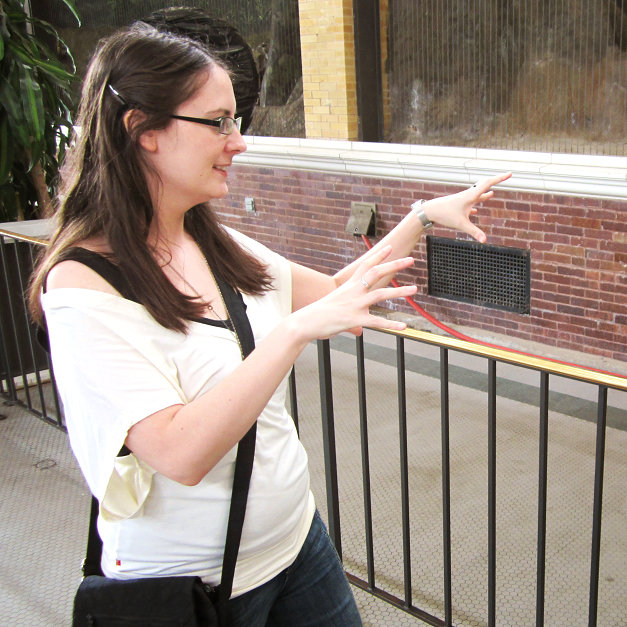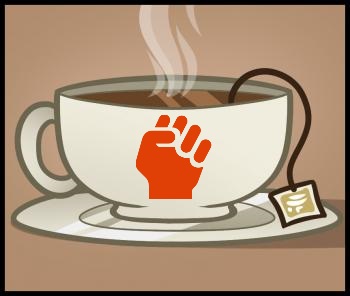Based on the excerpt from this Discworld book, what other items do you use regularly that would fit in this theory? (Boots and shoes are fair game!)
Text transcript for people who want it:
[The reason that the rich were so rich, Vimes reasoned, was because they managed to spend less money.
Take boots, for example. He earned thirty-eight dollars a month plus allowances. A really good pair of leather boots cost fifty dollars. But an affordable pair of boots, which were sort of OK for a season or two and then leaked like hell when the cardboard gave out, cost about ten dollars. Those were the kind of boots Vimes always bought, and wore until the soles were so thin that he could tell where he was in Ankh-Morpork on a foggy night by the feel of the cobbles.
But the thing was that good boots lasted for years and years. A man who could afford fifty dollars had a pair of boots that’d still be keeping his feet dry in ten years’ time, while the poor man who could only afford cheap boots would have spent a hundred dollars on boots in the same time and would still have wet feet.
This was Captain Samuel Vimes ‘Boots’ theory of socioeconomic unfairness.]
Bonus: suggest ways you can repair/restore your item/other people’s items.
My problem is I don’t know what products are expensive because they are good, and what products are a scam. No idea how to even search to find out either.

This whole thread reminded me of this old viral tweet
I’ve been paying and paying and paying for that damn root canal.
That one dental problem has cost me way more money than i made at that job in total.
This and Chocolate Rain, I guess that’s two times he’s made an impression on my life now
I see Sir PTerry, I upvote.
And hey, just sliding this totally smoothly into the conversation, did you all know we have !discworld@lemmy.ml (Lemmy / Kbin)
*sidles out awkwardly*
Car repair. Towing and fixing a car with a ruined engine is ten times as much as doing regular maintenance. And it’s not just the dollar cost of oil changes and belts: When you are better off, you have the free time to run that errand to do those things.
Dental care, for almost the exact same reasons.
General healthcare has all of those factors PLUS if your general health goes bad you may not be able to work so now fixing it is expensive and you have no income.
My mother always says: we are not so rich to afford cheap stuff.
For exactly this reason
Boots, shoes, clothes, technology, cars, houses, furniture.
Everything.
Problem now is “luxury” brands, which is the same shit quality at a huge markup. Quality is often not even a consideration for producers these days.
It’s expensive to be poor
It really is. I have a few friends who are not doing very well, and it amazes me the shit they have to pay for.
@H3L1X reminds me of one rule from woodworkers/DIYers – buy a cheap set of tools, when one of the tools breaks, replace that one tool with a more expensive one (upgrading based on use)
This works for all sorts of things, especially automotive tools, but there’s one exception that I live by.
Don’t cheap out on the things that come between you and the ground.
Your shoes, your socks, your tires, your bed, the chair you spend twelve hours a day in. Those are worth some investment. It pays dividends.
That is true, I do quite like that rule.
Renting -
Buying a house is like having a bank account you can’t access until you want to move. Renting a house is just paying into someone else’s bank, and you end up unable to save for your own.
The rich don’t get rich by saving more or spending less: though it is an advantage when they choose to use it.
The rich get rich by exploiting the labor (or income from labor) of those less fortunate than them.
Thats what the concept ‘conscious spending’ tries to address and set up protocols to get out of the negative feedback cycle of having to constantly buy cheap shit only to have to replace it and double your cost.
https://www.iwillteachyoutoberich.com/conscious-spending-basics/
The link above has much more details on this if y’all are interested.
A key component of Vimes’ theory is that he buys cheap boots because he can’t afford the expensive ones. Conscientious spending assumes the person has a choice; it isn’t an option for Vimes, or for many people.
There are many things that it makes sense to simply buy the cheap version of: things that’ll be used infrequently, or which usefullness is unknown. Gadgets which a friend loves and recommends, but which end up being simply unused.
I haven’t read the book you recommend; maybe it says all this. I do think, though, that for all the evils of cheap consumer goods, they’ve put much in the hands of people who would not otherwise be able to afford it.











